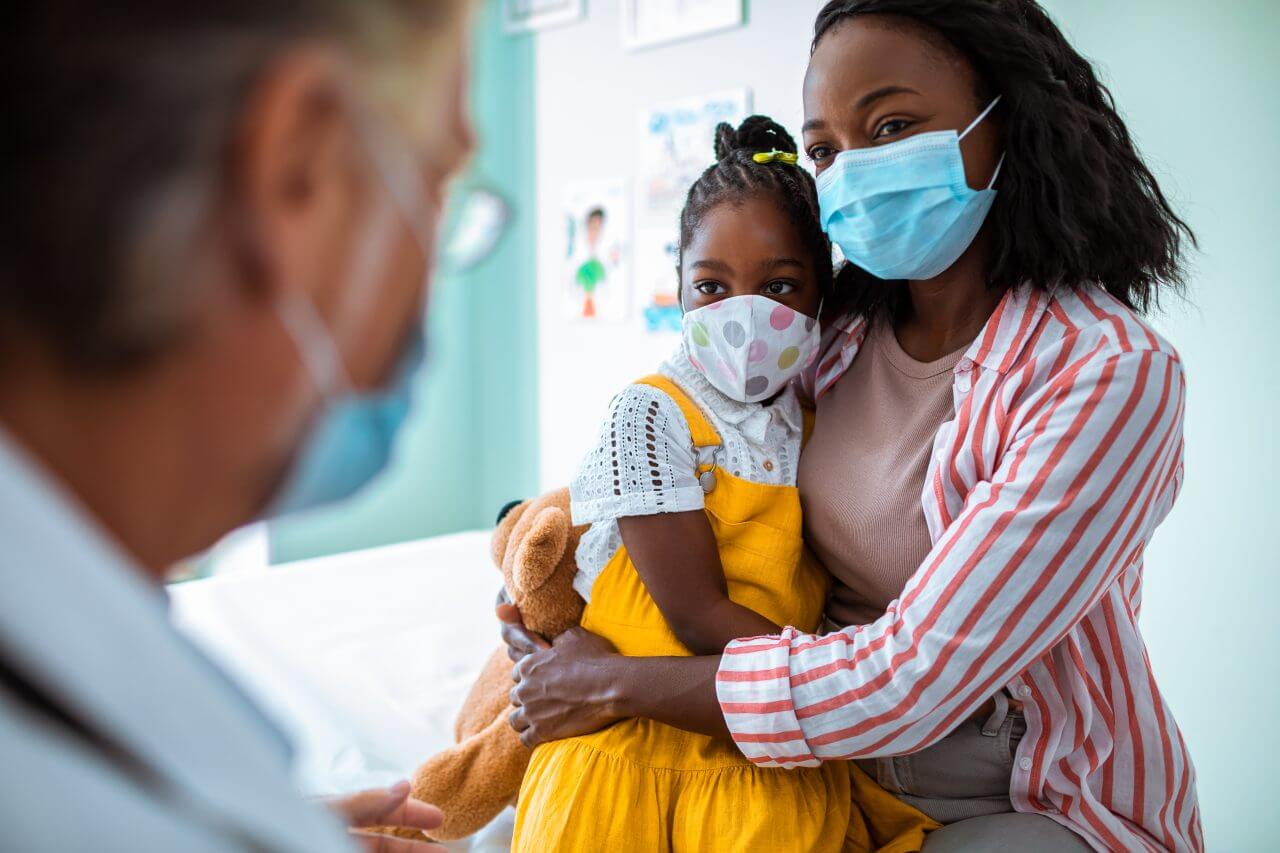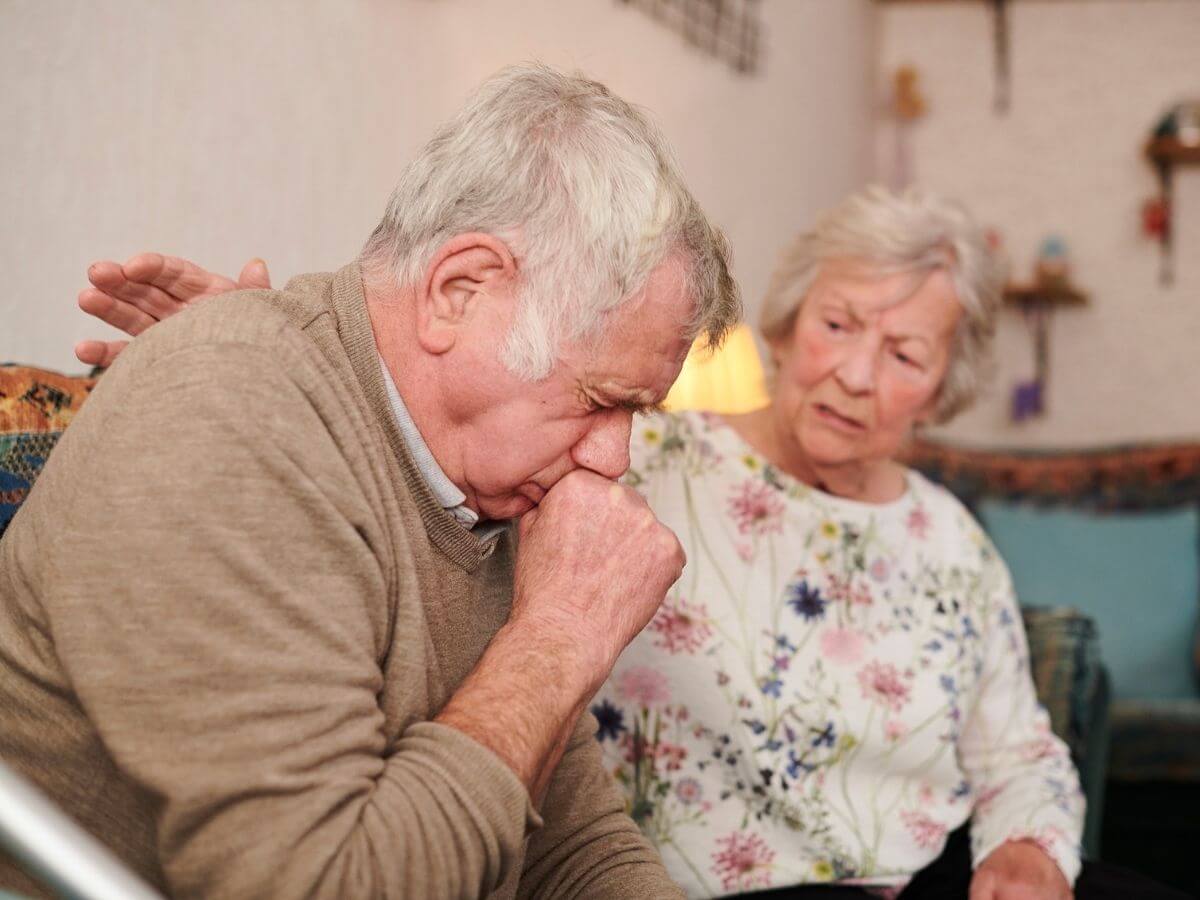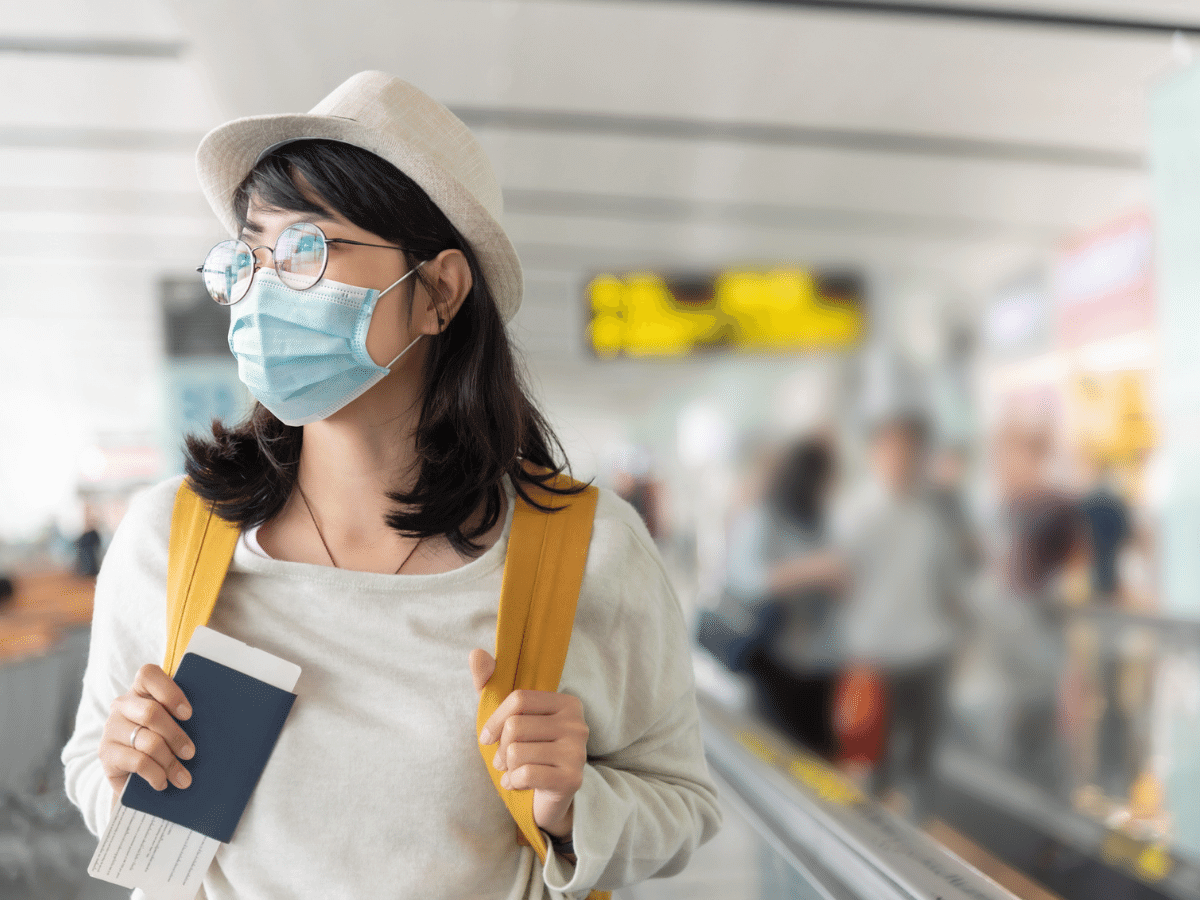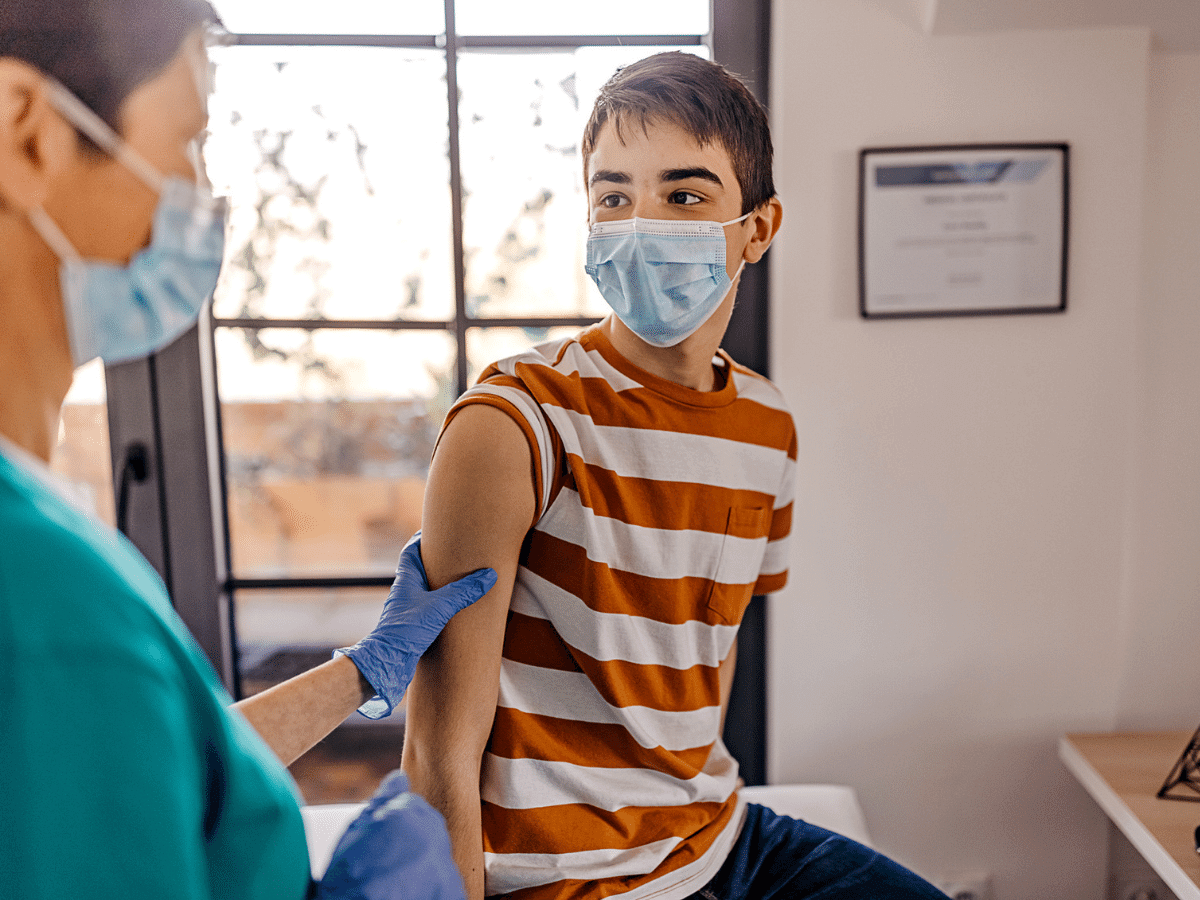5 Things Parents Should Know About the COVID-19 Vaccines and Children

Now that safe and effective COVID-19 vaccines have been developed and approved, the vaccination of adults is underway in the U.S. and around the world. But as a parent, you may wonder when children will be able to receive one of the vaccines. While no specific date has been announced, it’s reassuring to learn that pharmaceutical companies are making progress in that direction.
Here are five important facts you should know regarding kids and the COVID-19 vaccines:
1. People of any age can contract COVID-19.
While adults – those aged 65 and older in particular – have a significantly higher risk of serious complications from the virus, young people also can contract it. If they do, their symptoms tend to be milder, but there have been instances where children have become very ill, been hospitalized or died from the virus.
2. The makers of COVID-19 vaccines haven’t studied how they affect young children.
This doesn’t mean there are fears that they may harm kids. Limiting testing to adult volunteers initially is simply the standard approach when developing vaccines. Manufacturers, the U.S. Food & Drug Administration (FDA) and the general public want to be sure that vaccines are safe for adults before administering them to children.
Never miss a beat! Subscribe to our email newsletter to get the most important health and wellness news delivered straight to your inbox.
3. Children aged 12 and older are now being enrolled in clinical research studies.
That’s good news for parents, as it means information on the safety and efficacy of vaccines in children aged 12 to 18 will be available in the months ahead.
4. Wearing a mask, social distancing and frequent, thorough hand washing are effective ways to prevent the spread of coronavirus.
So, until a vaccine has been approved for children, it’s vital that we all do our part to protect kids, as well as others in our community who can’t be immunized for some reason, by following disease-prevention best practices.
5. Children should continue to receive vaccines for other illnesses.
The Centers for Disease Control and Prevention (CDC) advises parents that kids should continue to get standard vaccines for diseases like measles and whooping cough. The immunizations shouldn’t be delayed due to the pandemic or for any other reason. Your doctor’s office will have a process in place for minimizing the risk of disease transmission for families that come in for preventative health services. Don’t hesitate to call and ask about that process if you have concerns.
Kids and COVID-19 Vaccine Trials
As mentioned above, kids aged 12 and older are now being included in research trials. If you’d like your child to be considered for a study, you should talk with your pediatrician first. They can give you their opinion on whether that’s a good idea for your child. If you agree that it is, the doctor can direct you to information about how to get involved.
Challenges Ahead but Reason for Optimism
As the COVID-19 vaccine rollout to adults gains momentum and as children are enrolled in clinical trials, there’s reason to be optimistic that we’ll finally get the pandemic under control. There are still challenges ahead, of course, so we can’t let our guard down. But if we all do what we can to limit the spread of the virus, we can look forward to a return to a more normal life in the not-too-distant future.
More Questions About COVID-19 and the Vaccine?
If you’d like to learn more about COVID-19 and the vaccines that have been approved by the FDA, visit the Baptist Health COVID-19 Resources page. More information about available vaccines can also be found at the CDC.
Next Steps and Useful Resources:
Why a COVID-19 Vaccine for Kids Will Take Longer
[PODCAST] What Parents Need to Know About COVID-19
Disinfecting Toys in Light of COVID-19
8 Ways to Keep Kids Safe at Home During Quarantine



